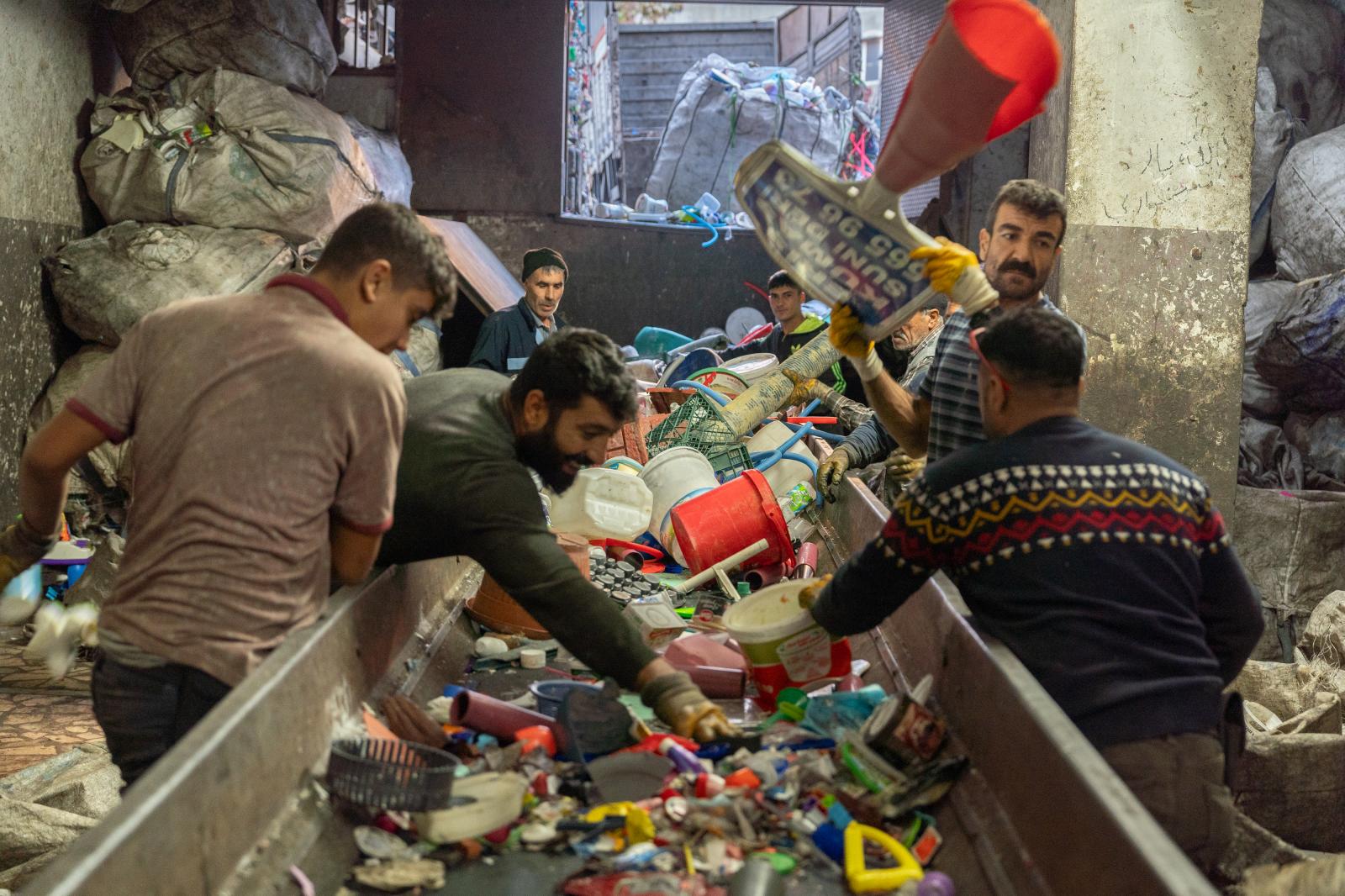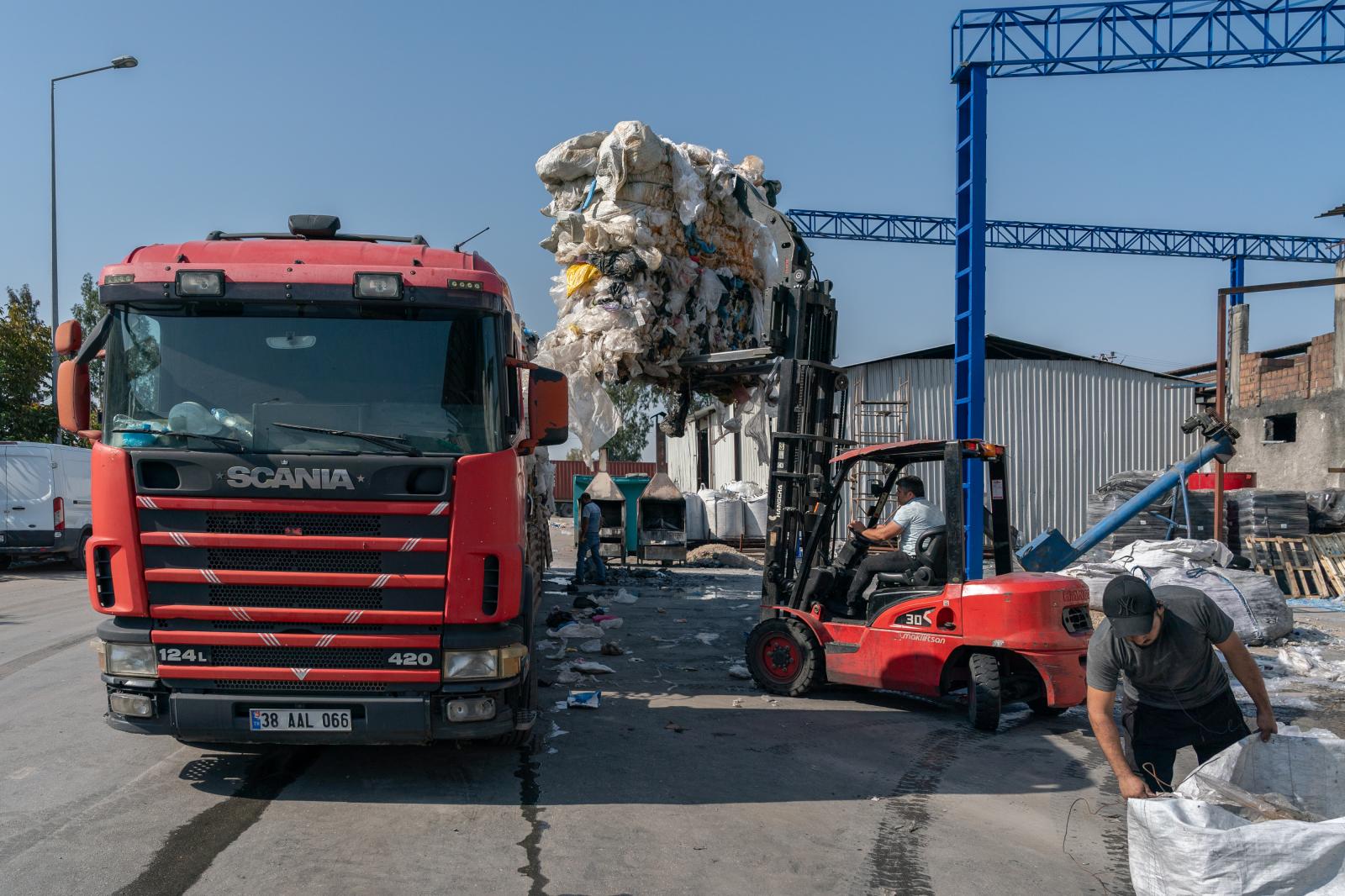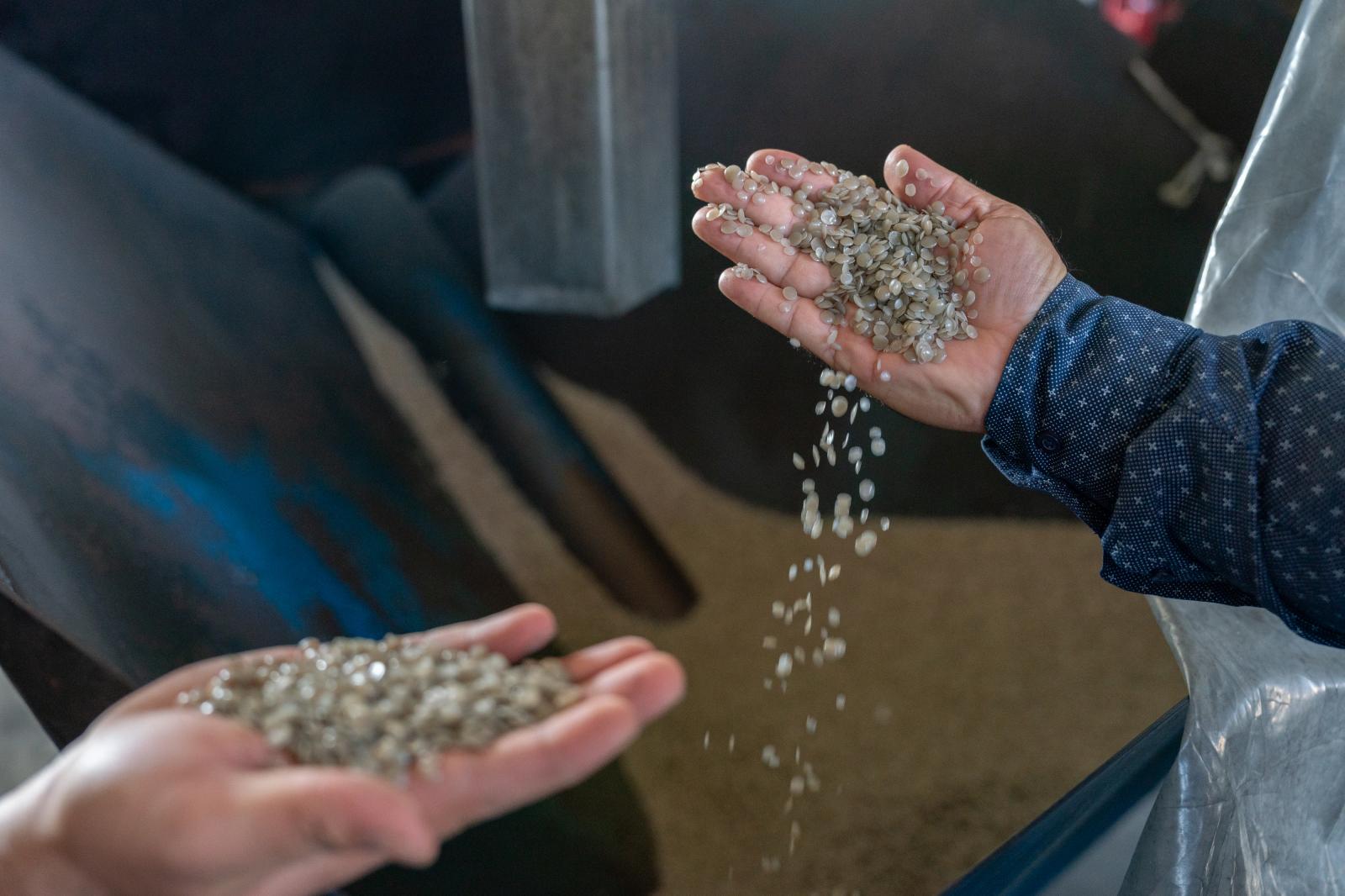Public Project
Zeit : The Reality of European Waste
Summary
Türkiye, one of the top 20 countries of mismanaging plastic waste, cannot properly manage its own waste, making it challenging to process massive imports of European plastic. Nearly 80 percent of domestic trash recycled in Türkiye is sorted by trash pickers by hand, who often are migrants unable to find other work. After months of reporting, the photos reveal the reality of how foreign and domestic waste is handled in Türkiye and its impact.
While Europe tries to reduce its plastic footprint by shipping waste abroad, the true cost lies in the health of Turkish residents, workers' labor conditions, and the environment.China received nearly half of the worlds waste for processing until a ban in 2018 left many countries in the global north looking for new solutions. For the European Union, Türkiye filled the void and within 2 years plastic waste imports increased by over thousand percent. Azimye, 55-year-old, has lived in the same home in Mersin for nearly half her life, before recycling facilities existed there. Recently, she’s developed cancer with various tumors in her chest and throat, allegedly from plastic waste emitted by these treatment plants. “It doesn’t look good,” she said about doctors’ diagnosis.
Türkiye, one of the top 20 countries of mismanging plastic waste, cannot properly manage its own waste, making it challenging to process massive imports of European plastic. Nearly 80 percent of domestic trash recycled in Türkiye is sorted from trash pickers by hand, who often are migrants unable to find other work. After months of reporting, the photos reveal the reality of how foreign and domestic waste is handled in Türkiye and its impact. The question is: if Türkiye cannot handle its own waste properly, how is it suppose to handle Europe’s waste?
844
















